Over the last few years, AKF has been working with communities to plant small but mighty forests in both urban and rural settings, from Tanzania to Tajikistan.
Climate change brings biodiversity loss, intensified natural disasters, and rising temperatures–issues that disproportionately affect impoverished and environmentally reliant communities.
To address these challenges, AKF’s GROW initiative is working with communities, and women in particular, to plant micro-forests and nurture local resilience to climate change.
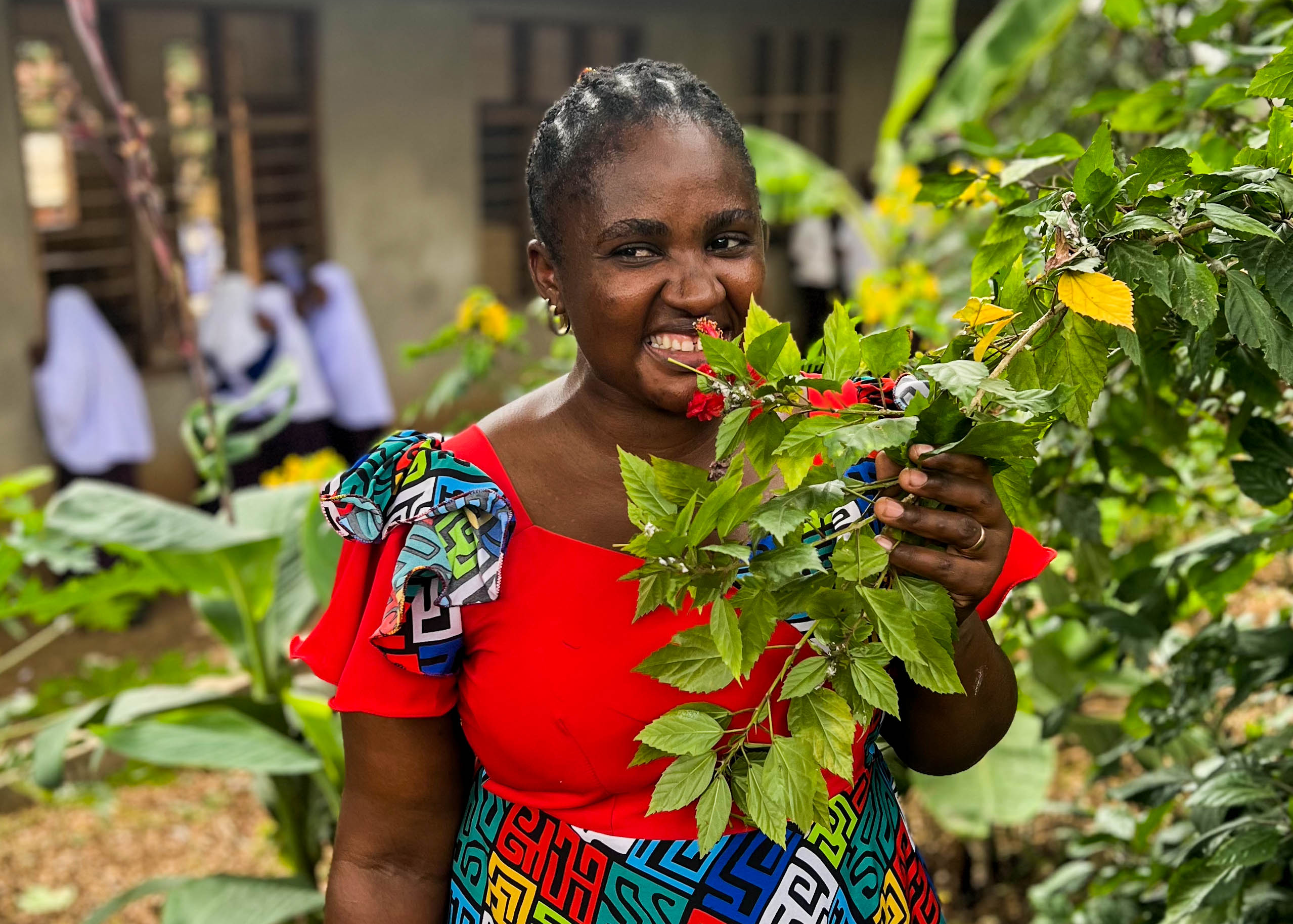
At Nzasa Secondary School in Dar es Salaam, Tanzania, Madam Lusajo Chanya has been teaching her students in the one-year-old microforest planted on the school grounds. AKDN/Kerensa Keevill
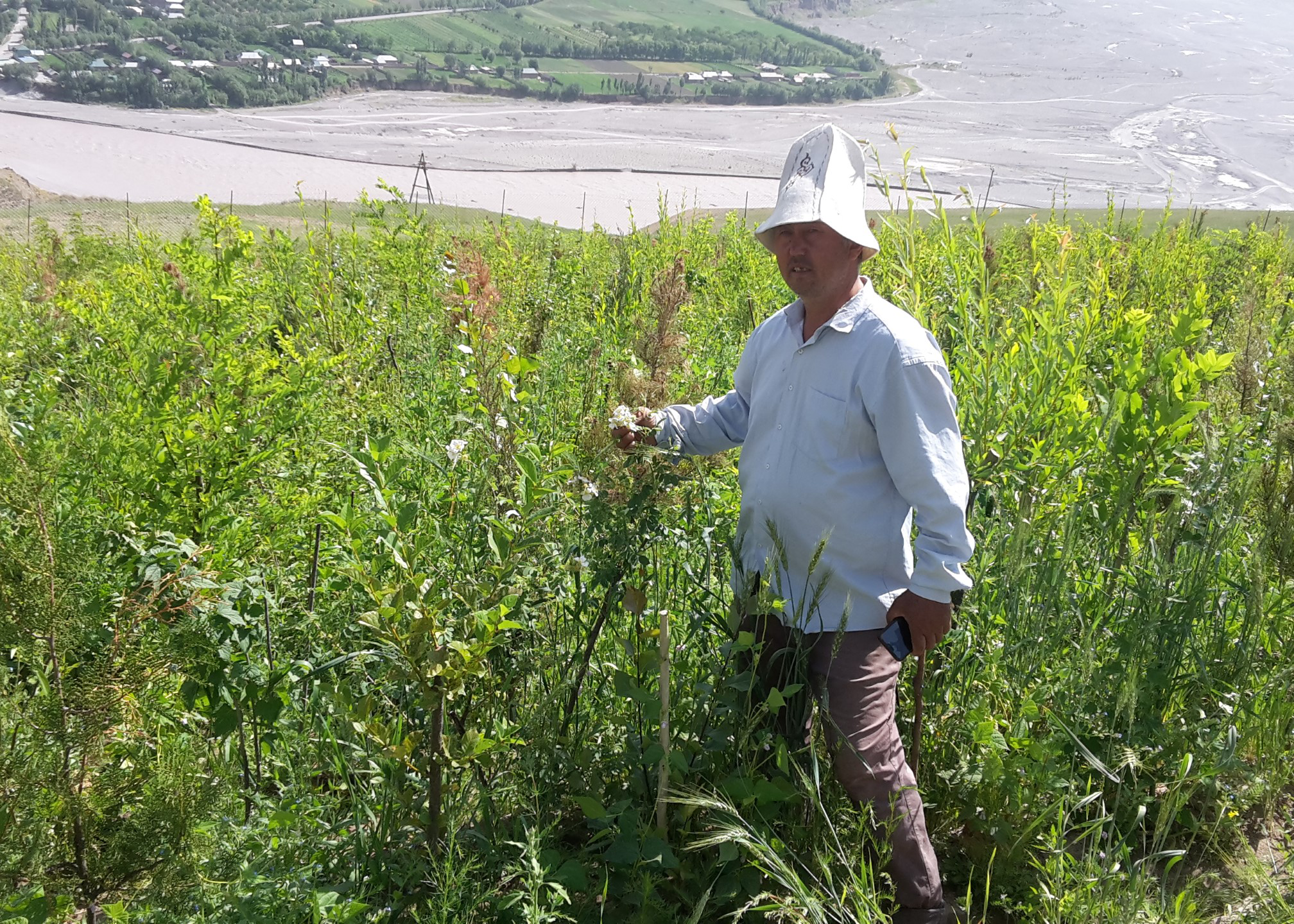
Rasht Valley, Tajikistan. One of the 400 microforests that AKF has planted across eight countries. AKDN
Micro-forests are compact, biodiverse forests able to grow rapidly, whether in densely populated cities like Dar es Salam and New Delhi, or barren, windswept rural areas in Afghanistan and Tajikistan.
Planted with native species that compete for sun and soil, the forests mature rapidly. Within one to two years, micro-forests grow to peak height and density. They foster biodiversity, absorb heat and soak up flood water.
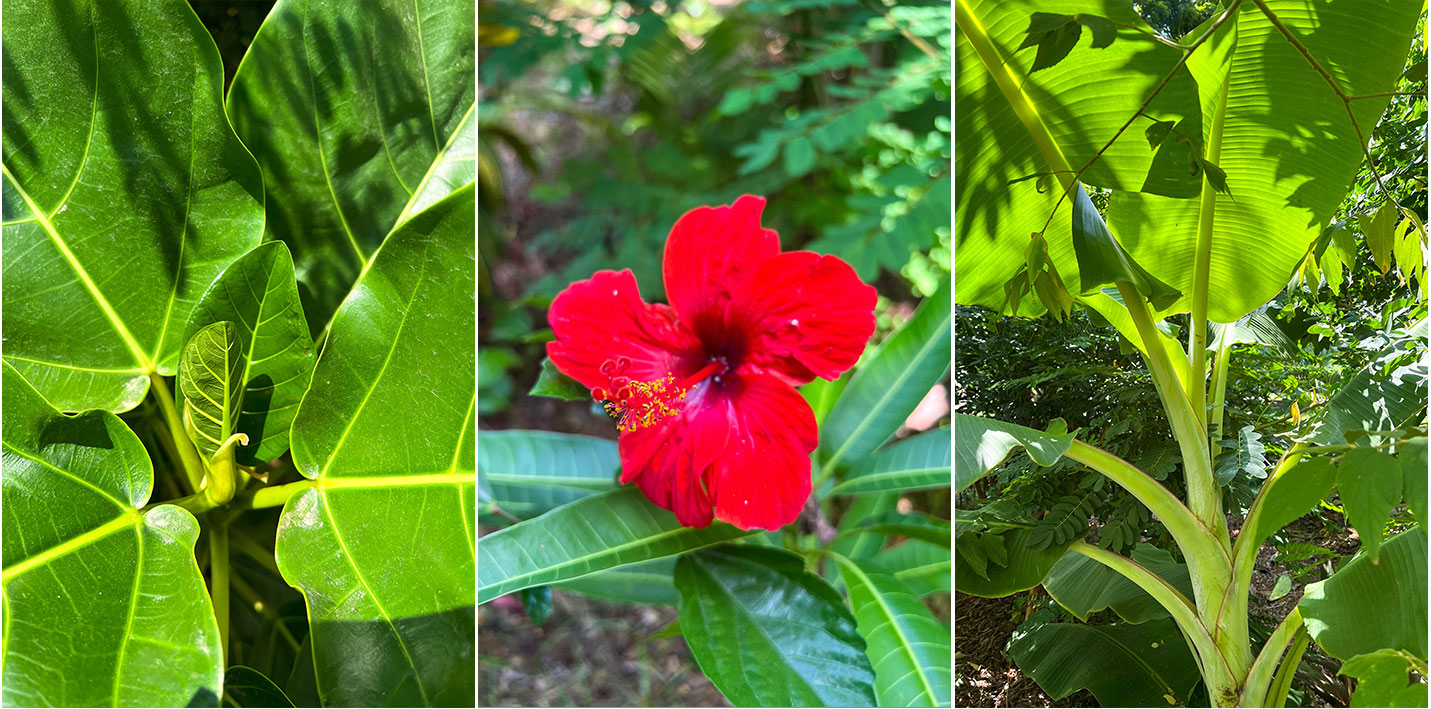
Home to many different plant species, microforests are particularly effective as carbon sinks. AKDN / Kerensa Keevill
Crucially, micro-forests absorb carbon dioxide more effectively than traditional reforestation methods, acting as potent carbon sinks.
These small woodlands improve livelihoods, too, by providing food, medicine, and, with careful tending, timber. After one year, a micro-forest planted in India was already yielding papaya for consumption and sale.
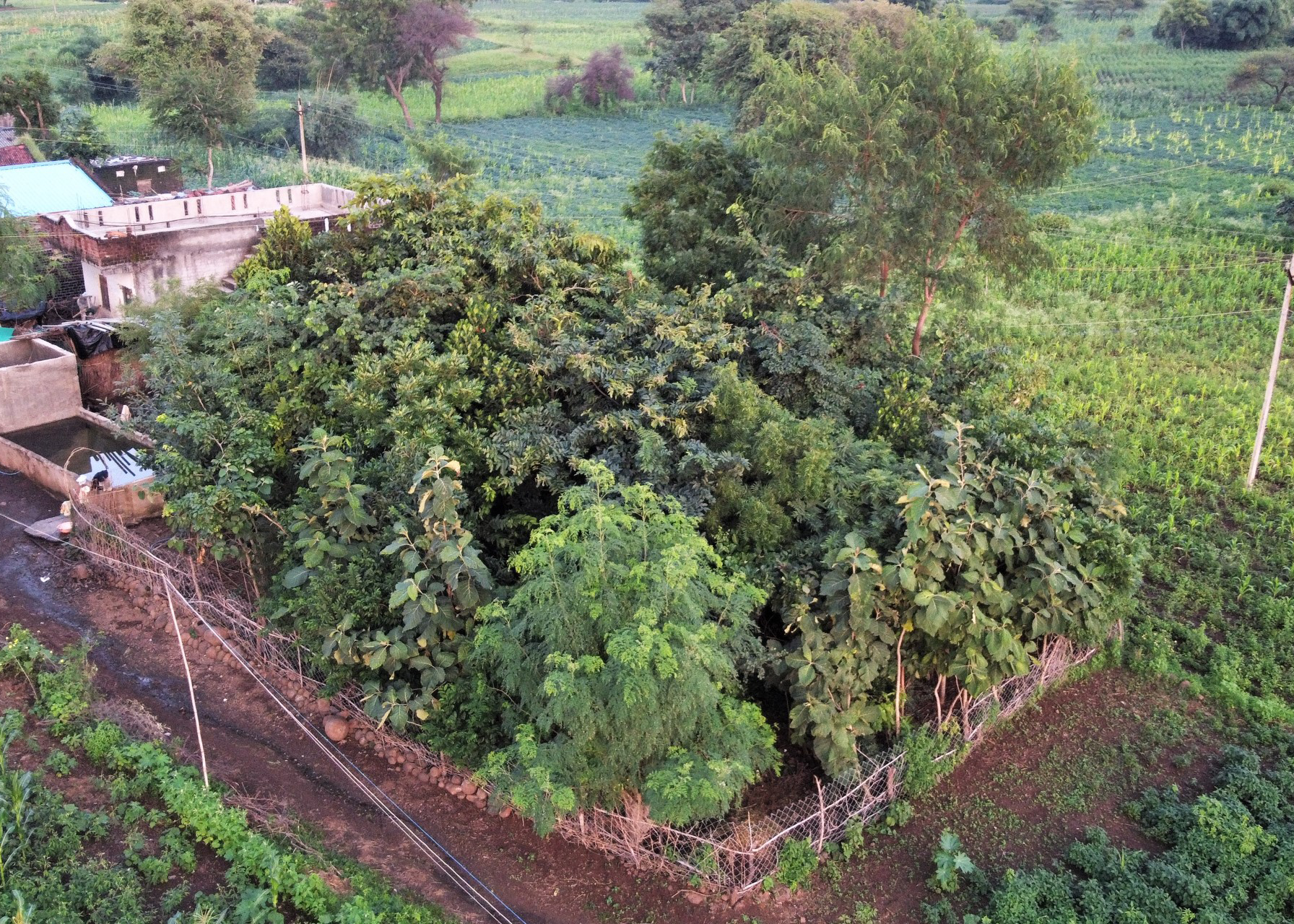
Aerial view of a microforest in Madhya Pradesh, India. AKDN
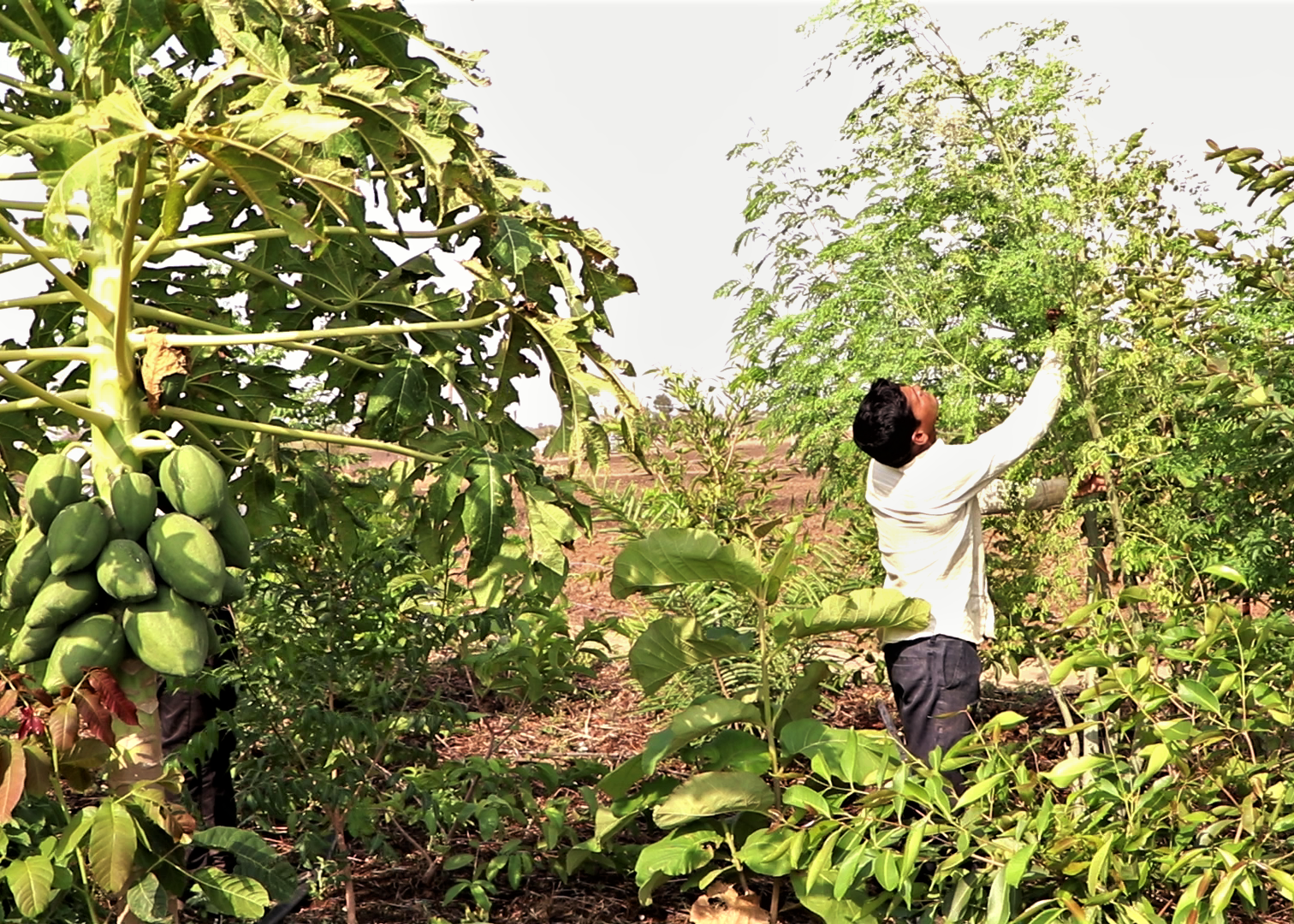
Communities eat and sell the fruits that grow in their microforests. AKDN
AKF has helped plant nearly 400 micro-forests, empowering communities to thrive amidst environmental uncertainty.
Visit GROW: The Microforest Initiative on the AKF Learning Hub to learn how to plant your own microforest in 10 simple steps and watch our webinar about the power of microforests.
